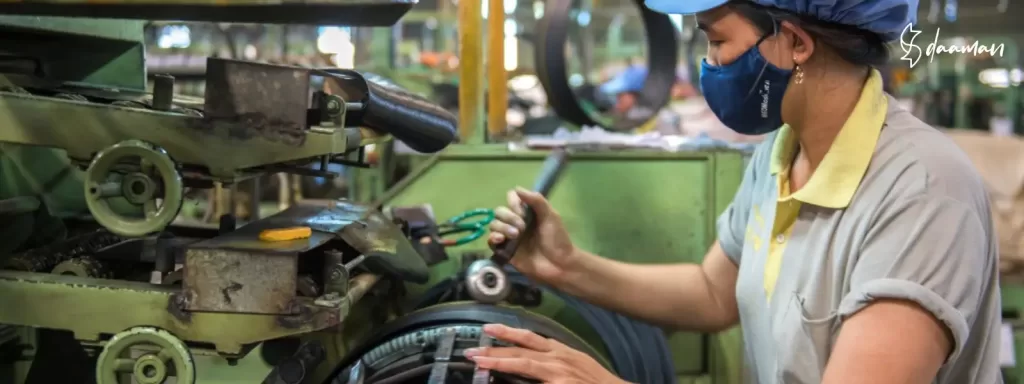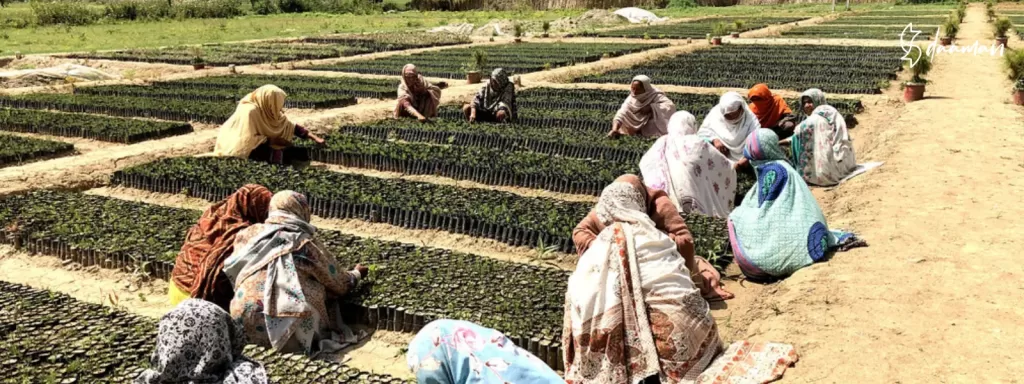Earning More: Why Women Are Shown in a Negative Light Because Of It
Gender roles are always being redefined in a culture that is changing quickly, and women have made great progress in the workplace as well as other areas of life. When women, whether their husbands or fathers, earn more than men, that is one area that still attracts scepticism and preconceptions. This phenomena raises questions about society expectations and preconceived conceptions while also challenging traditional gender norms. Image Source: Freepik.com One prevalent misconception is that a woman who earns more than her partner, male or female, poses a threat to masculinity. Strongly held societal norms frequently equate a man’s value with his capacity to support his family financially. Disruptions to this balance might lead to feelings of inadequacy or emasculation. But it’s important to understand that having money doesn’t make someone less of a person. Rather than adhering to antiquated prejudices, partnerships should be founded on respect for one another, common objectives, and individual capabilities. Furthermore, presumptions that assert women make more money than their fathers might be equally problematic. Any departure from the traditional norm of men fulfilling the role of breadwinner might give rise to misconceptions and judgements. Daughters who succeed financially could face doubts or unjustly be called aggressive or ambitious, which would be detrimental to their relationship with their fathers. It’s critical to reject these prejudices and recognise the variety of family structures and personal achievements. The idea that women who earn more are intrinsically less family-oriented or nurturing is another unfavourable presumption. According to this notion, having a successful job and having maternal instincts are mutually exclusive. In actuality, a lot of women manage to successfully combine their personal and work lives. A woman’s ability to favourably impact her family’s well-being and create a nurturing atmosphere for both personal and professional development can be strengthened by her ability to provide financial security. In order to combat these unfavourable presumptions, people must work together to dispel deeply embedded preconceptions and promote an inclusive and egalitarian society. Deconstructing stereotypes about gender roles and the mechanics of income in partnerships requires knowledge and awareness on a critical level. To debunk misconceptions and promote healthy relationships, it might be helpful to promote candid discussions about goals, finances, and interpersonal dynamics. It is imperative that society accept the notion that gender is not a prerequisite for success. It should be acceptable for both men and women to follow their hobbies and goals without worrying about being judged by society norms. Relationships should be built on mutual support rather than rivalry, enabling each partner to succeed in their own pursuits. Image Source : Freepik.com Furthermore, workplaces must take the initiative to eliminate prejudice and advance gender equality. Enacting regulations that guarantee equal compensation for equivalent labour, irrespective of gender, is an essential measure in cultivating an environment that is more welcoming and encouraging. We may combat stereotypes at work and at home by removing obstacles and establishing fair possibilities for professional growth. In conclusion, it is important to combat the deeply ingrained gender stereotypes that give rise to unfavourable perceptions that women make more money than men, whether in romantic relationships or when compared to their dads. Building a more progressive and equal society requires recognising individual accomplishments regardless of gender and embracing variety in family relations. We can create more supportive work environments, healthier relationships, and a future where success is gender-neutral by challenging these presumptions.
Earning More: Why Women Are Shown in a Negative Light Because Of It Read More »











